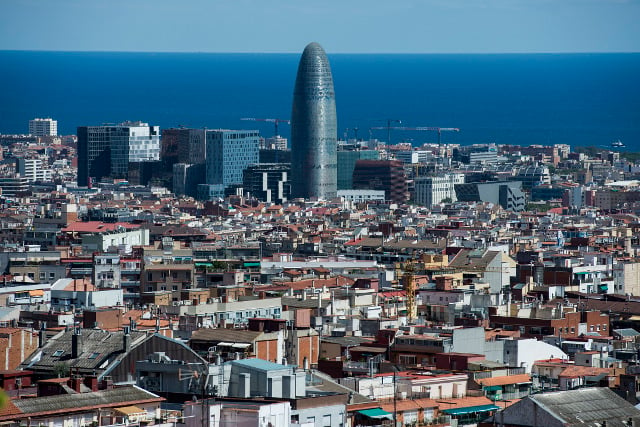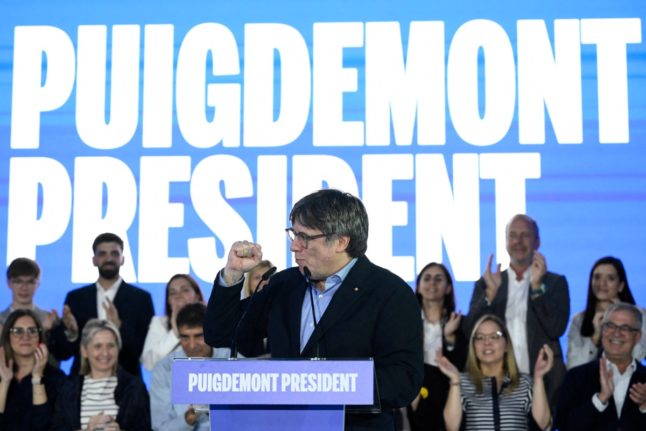A vote will be held by European ministers on November 20th in Brussels to decide the next location of the European Medicines Agency (EMA), an EU medical watchdog currently headquartered in London's Canary Wharf and a major draw for the pharmaceutical industry.
On Thursday the Financial Times said that Barcelona had lost ground in the contest, citing diplomatic sources as saying that Milan had benefitted from the crisis in Catalonia, making the Italian city's case stronger.
READ ALSO: Sweden intensifies push to take EU Medicines Agency
But the Spanish government subsequently insisted to news agency EFE that the Catalan capital is “technically the best candidate” and that “at present it’s impossible to affirm that one candidacy is above the other”.
EFE also cites Council of the European Union sources as rejecting the “newspaper speculation” published in recent days about the race to host the agency, which employs around 900 people.



 Please whitelist us to continue reading.
Please whitelist us to continue reading.